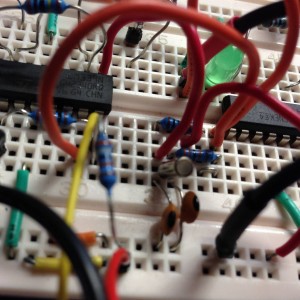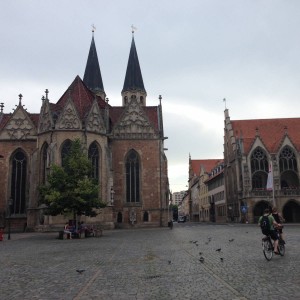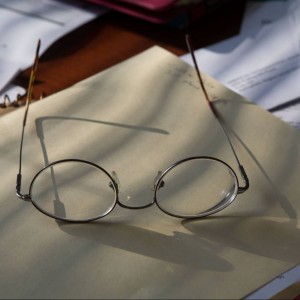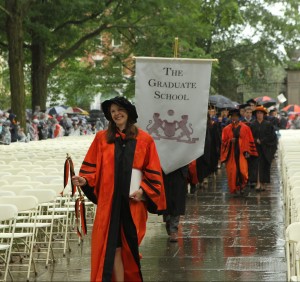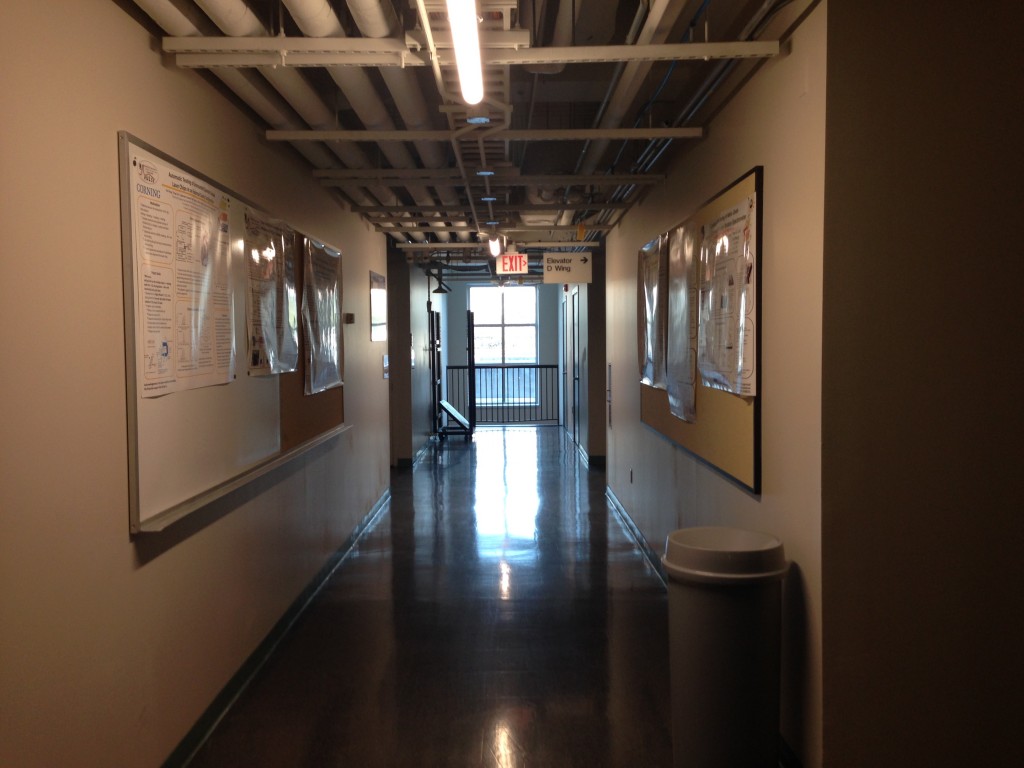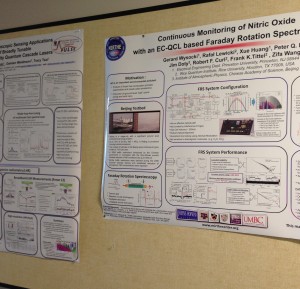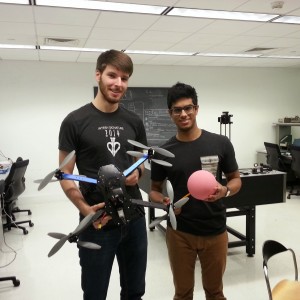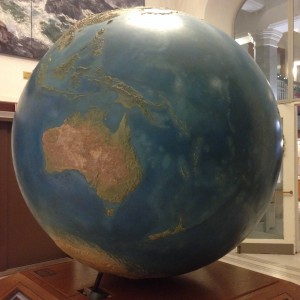
By now, you’ve probably received one of the numerous campus-wide emails promoting Princeton Research Day, a new initiative by the University to celebrate student research right here in the Orange Bubble. I must admit that even though I spend a large amount of time talking about my own research for the PCUR blog, I was initially hesitant to apply. It’s odd to think that I feel more pressure having to present my work in layman’s terms to the larger university community compared to presenting to the professors in my department for a grade!
Still, when I stepped back and considered the number of times I’ve talked about my thesis in regular conversation, I felt reassured that I’d be prepared for Princeton Research Day. As a senior, I’ve noticed the standard ice-breaker among my classmates has become “So what are you doing for your thesis?” Even though my thesis is certainly something that’s constantly on my mind, I still have to think about the best way to describe my work in 10 seconds to make it interesting enough for a conversation. It’s hard to get into all the details and nuances of a continuously evolving project (that I’ll spend the entire academic year working on!) while highlighting what’s important and relevant about it.
I think that’s really why Princeton Research Day is appealing to me. This is what research is all about — conveying your work to peers and fellow researchers, who often might not have a good idea of why you’re doing what you are. Continue reading Speak to the World: Communicate your work to others at Princeton Research Day


